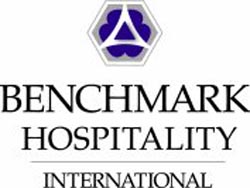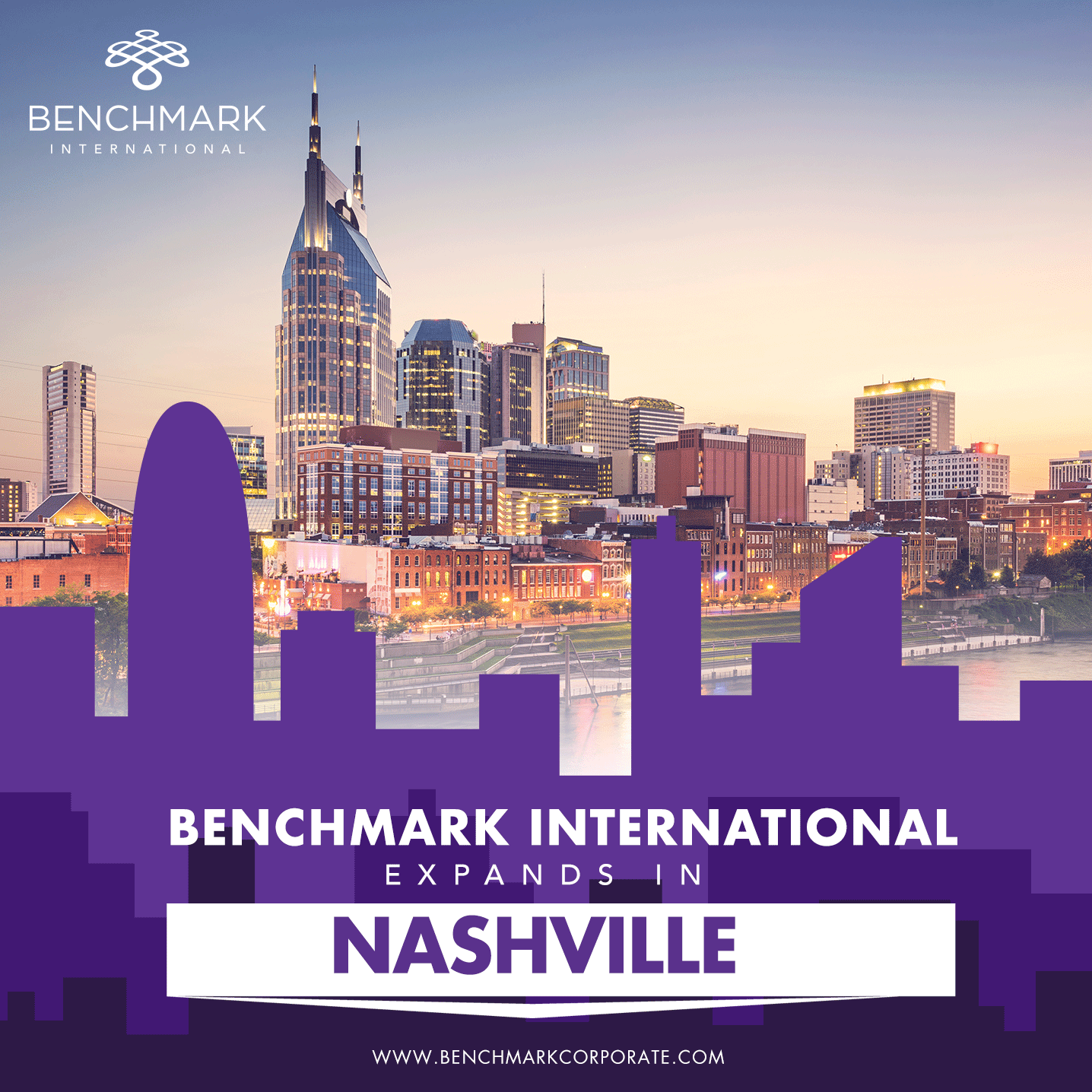

federal and state regulations, the Canadian Standards Association (CSA) published its Formaldehyde emissions standards for composite wood products (CAN/CSA 0160-16) which established voluntary formaldehyde emission standards applicable to hardwood plywood (HWPW), medium density fiberboard (MDF), and particleboard (PB) panels that are manufactured, imported, distributed, sold, or offered for sale in Canada. Additional documentation, record-keeping, and TPC oversight and independent testing requirements also apply.

The manufacturer must perform routine quality control testing of the composite wood products it produces to verify the products meet EPA and CARB formaldehyde emission standards and is labeled accordingly.

EPA TSCA Title VI regulations took effect on June 1, 2018, and compliance is currently required for all composite wood panels, laminated products, component parts and finished goods manufactured or imported into the United States.įor a hardwood plywood, MDF, or particleboard panel to be certified as conforming to CARB 93120 or EPA TSCA Title VI regulations, the panels must have been produced by either 1) a manufacturer who is independently certified by a EPA/CARB-approved Third Party Certifier (TPC), or 2) a manufacturer who has obtained exemption from third party certification on the basis of the use of Ultra-Low Emitting Formaldehyde (ULEF) or No-Added Formaldehyde (NAF) resins. Compliance to CARB Phase 2 formaldehyde emission standards and requirements is currently mandatory for all composite wood panels and finished goods containing composite wood products that are manufactured, imported, distributed, or sold in the state of California. EPA and CARB regulations also require that component parts and finished goods must be made using only certified composite wood products. Toxic Substances Control Act (TSCA Title VI).īoth TSCA Title VI and CARB 93120 regulations set forth emission standards and certification requirements for composite wood products including hardwood plywood (HWPW), medium density fiberboard (MDF), and particleboard (PB). EPA published its Formaldehyde Standards for Composite Wood Products (40 CFR 770) regulation, which added Title VI to the U.S. Vinod Kannan, CEO of Vistara, stated on June 19 that - while he would be pleased if the lower and higher limitations on airfares were raised - the greatest option would be for the airlines to have complete discretion over pricing.Formaldehyde emissions of composite wood products took center stage in 2008 when the California Air Resources Board (CARB) enacted its Airborne Toxic Control Measure (ATCM) to Reduce Formaldehyde Emissions from Composite Wood Products Section 93120 – 93120.12 (commonly referred to as “CARB 93120”). Every month, on the first and sixteenth, ATF prices are changed in accordance with benchmark international oil prices from the previous two weeks. Prices for aviation turbine fuel (ATF) dropped earlier after rising to record levels as a result of the conflict in Ukraine. However, to attract more passengers, the airlines can lower the cost of flight tickets.
#Benchmark international free
Technically, since there are no pricing caps, the airlines are free to set their own prices.

Will domestic flight tickets be more expensive? While the lower restrictions were put in place to assist the financially weaker airlines, the upper caps were put in place to protect the passenger from high charges.
#Benchmark international full
When domestic air travel resumed in May 2020 following the nationwide coronavirus lockdown, the Centre had established lower and upper caps.Įven when air travel reached its full operational capacity in October 2021, the government kept the price limitations in place. The decision was made taking into account the recent drop in the price of jet fuel.


 0 kommentar(er)
0 kommentar(er)
